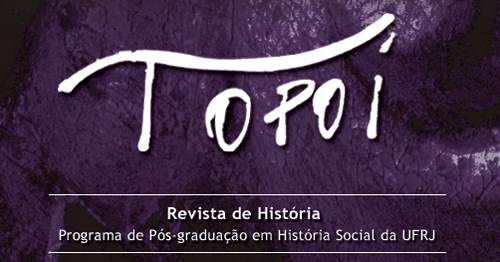A real of rottenness was created in medieval urban areas due to residue of economic activities and human waste produced by the inhabitants. At the same time, the realm of plague started, which forced contemporary men to establish a cause/effect relationship between both things. The age old way of living that shared residences and junk and manure piles would result in a smell based sanitation art, with the basic idea of smell equals to illnesses. Such notions were behind the sanitation measures adopted in the cities of Portugal and, later, in those of its colonies. The Enlightment tried to replace this smell based art by a urban health science. However, in the universe of Portuguese cities, this new science was bound to the limits of medieval knowledge, without supplying any effectiveness. It did create, though, among the colonial workers, an actual obsession with foul smell. Towards the end of the 18th Century, physicians, and naturalists graduating at Coimbra University became ace "smellers" passionately devoted to the thorough exam of sickening smells and their description. There was no sewer, swamp, well, manure pile of shack which was not smelled in the everlasting effort to find the malevolent particles which they thought contaminated everything and every body.
Allegory; Moral theology; Religious practices.
